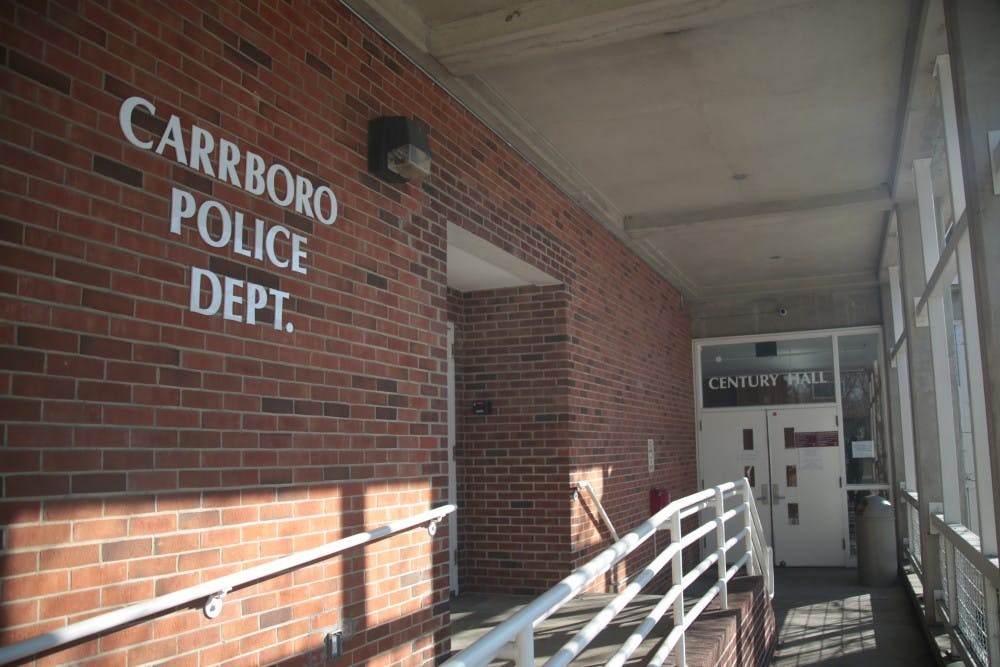When Lt. Keith Webster of the Carrboro police department arrived at an accident last weekend, he found the driver had overdosed on opioids.
Webster immediately administered a Naloxone shot, saving the driver's life.
This most recent Naloxone shot is the seventh given by the Carrboro police department since it began stocking the drug in 2014. Naloxone is a prescription medicine that reverses an opioid overdose, which can be caused by substances that are opiate-derived, such as heroin.
Working with the Orange County Health Department and the North Carolina Harm Reduction Coalition, the Carrboro police department developed a program to respond to overdoses and help combat the opioid crisis.
Robin Gasparini, Orange County Health Department's nursing supervisor, helped start the program with the police department.
“We have done all of the education and training for all local law enforcement and emergency responders,” Gasparini said. “They purchase their own Naloxone now, but that was something we provided them with initially to get them started.”
Since the program’s initiation, the county health department has maintained a clean-needle exchange, and it began offering Naloxone to members of the community.
“Our goal is to decrease the stigma around opioids and increase conversation about who might be impacted by the opioid crisis,” Gasparini said.
Since 1999 North Carolina has seen a 440 percent increase in opiate-related deaths, according to a report conducted by NC Injury & Violence Prevention.




